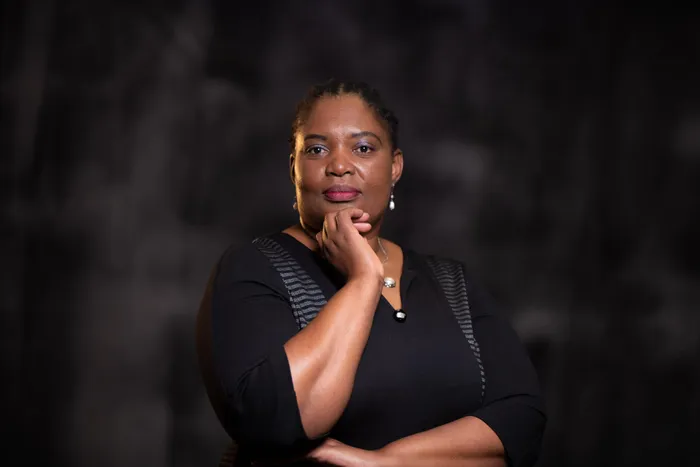Heritage Day: a call to action for sustainable development in South Africa

Mankodi Moitse, CEO of the Kagiso Trust
Image: Supplied
It’s easy to see Heritage Day as a break from school or work, or an excuse to braai with friends and family. But its significance is much greater, says Mankodi Moitse, CEO of Kagiso Trust, one of South Africa’s leading development agencies.
The Importance of Heritage Day
“It’s a day to remember the foundations of our society – and the way they retain their value as the basis for a more equitable future,” she says.
Moitse says South Africa’s multifaceted heritage has been shaped by thousands of years of human history and the convergence of diverse cultures, languages, and traditions. And as we celebrate Heritage Day on 24 September, the country is still grappling with how to honour this complex inheritance while building a more inclusive future.
Kagiso Trust's Initiatives
“This is a challenge for communities, businesses, governments, and development agencies such as Kagiso Trust, which traces its foundations to the apartheid era,” says Moitse. “The Trust is celebrating its 40th anniversary this year and works in areas of society where the legacy of centuries of oppression still limits people’s potential.”
However, South Africa’s heritage can help to build a better future. “Many cultural traditions embody sophisticated knowledge systems, and sustainable development recognises that solutions which incorporate traditional wisdom are more likely to be embraced by communities.
“Strong cultural identity enhances resilience and social cohesion, and when people feel connected to their heritage, they’re more invested in their community’s long-term wellbeing. That makes cultural richness a strategic asset for development.”
Moitse says the key insight is that sustainable development isn’t about replacing traditions with modernity but about strengthening communities’ capacity to evolve their traditions in response to new challenges while maintaining their core identity and values. In that way, human capacity becomes South Africa’s most valuable inherited asset.
Kagiso Trust was founded in 1985 to provide direct assistance to people suffering under apartheid. Today, it focuses on education, socio-economic development, civil society, and local government, and Moitse says its job is “to ignite the human capacity bequeathed to us by everything that has gone before”.
Building a Sustainable Future
She points to the Trust’s announcement last month (August) that it is providing a short-term loan facility to ease cashflow pressures on more than 24,000 emerging sugarcane farmers, long excluded from traditional financing channels.
An injection of R30 million will provide early payments to smallholders in KwaZulu-Natal and Mpumalanga who typically operate on communal land of about 2.5 hectares, and medium-scale farmers who own or lease land of up to 80 ha, “and we’re committed to growing this two-year facility into a long-term solution,” says Moitse.
The Trust’s partnership with schools, teachers, learners, and officials in Sekhukhune East Education District in Limpopo is another example of its impact. “The matric pass rate increased from less than 60% in 2021 to 84% in 2024. We have connected 26 schools to the internet, provided technical high schools with an electrical workshop and an ICT centre, and invested in the skills of technical teachers,” she says.
“In the long term, igniting human capacity in Sekhukhune East will initiate a self-sustaining virtuous circle by improving the community’s socio-economic conditions, but also by strengthening its inherited foundation: heritage.”
Human capacity building gives communities the tools to adapt their traditions to contemporary challenges without losing their essence. A community health worker trained in modern techniques might integrate traditional healing practices in health education. A sugarcane farmer might combine indigenous agricultural wisdom with new sustainable techniques. The tradition evolves, but its core knowledge and values remain intact.
“For those working in development, Heritage Day is a reminder that to succeed and achieve sustainability, their efforts must be built on partnerships, a long-term vision, and a platform that honours South Africa’s diverse heritage,” says Moitse.
“The greatest tribute we can pay to our ancestors is to ensure that future generations inherit even stronger foundations.”